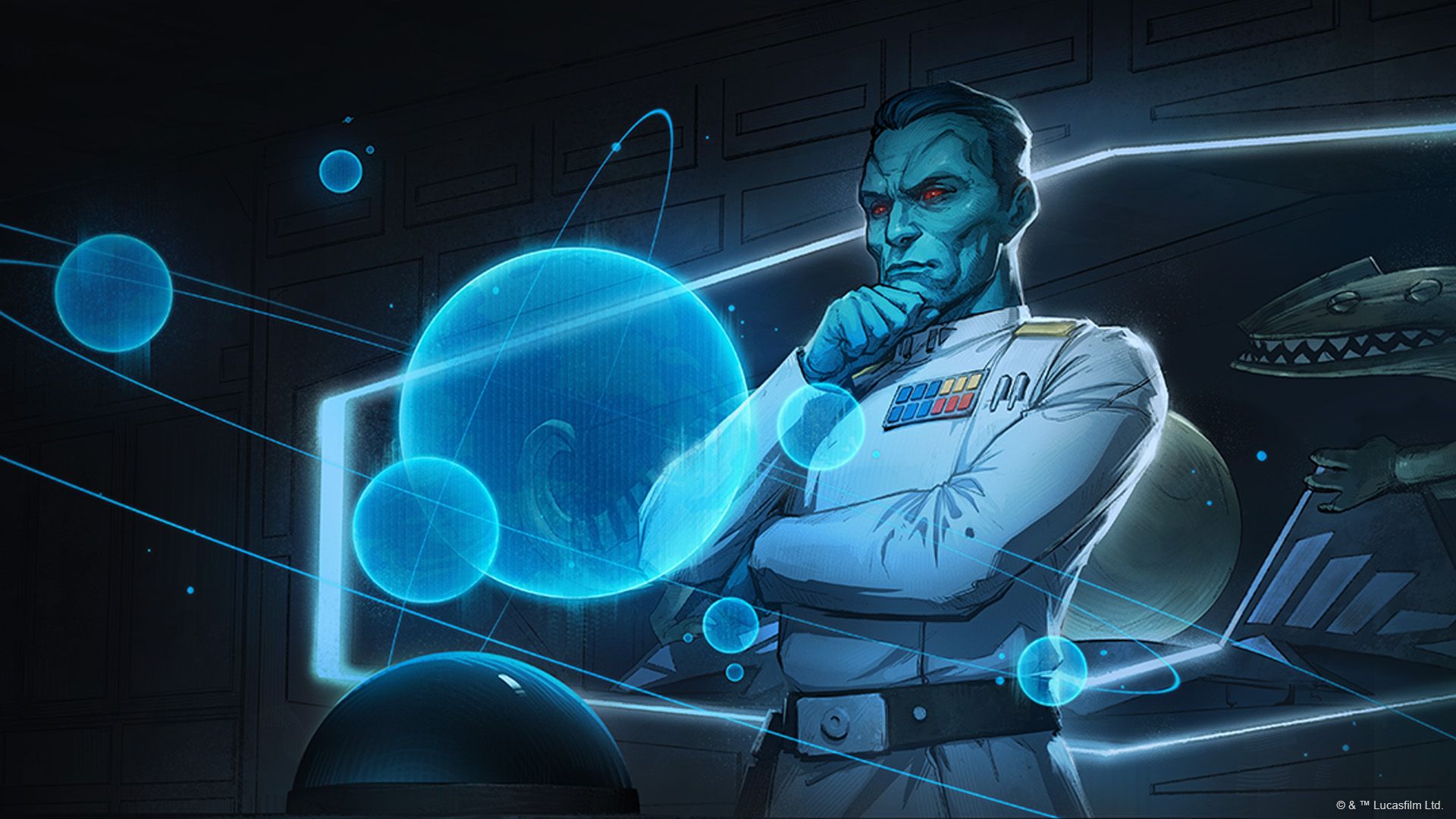By: thedonz
NOTE: This article is intended for folks that are already familiar with the basics of Star Wars Unlimited (SWU). If you’d like a primer on how to play, please check out the How To Play section of StarWarsUnlimited.com.

There’s a moment we all face in SWU when we look back at a long string of losses and ask, “Why do I still suck!?” We’ve been jamming game after game, maybe tweaking our decks, maybe not, but something feels off. The needle isn’t moving; the wins aren’t coming, and we ask ourselves “Should I even bother showing up to that Showdown?”
YES! You should. And hey—just so we’re clear, I’m writing this not as some seasoned champ with trophies on the shelf, but as a fellow traveler on the path. My win/loss record? It’s humbling. My misplays? Frequent. But I love this game. And more than that, I love this community. People will often say, with kindness, “You don’t have to win to have fun.” And that’s true—to a point. But let’s be real: losing over and over again can knock the wind out of anyone’s sails. I’ve felt it.
That’s why I’m writing this. Not because I have all the answers, but because I’m searching for them, too. This guide is my way of learning out loud—with the hope that it might help someone else out there feel a little more grounded, a little more encouraged, and a little more equipped to grow.
Brute Force vs. Intentional Growth
As players, we often assume the key to improvement is sheer volume. “Just play more games,” we tell ourselves. And sure, more reps can help. But if we’re not reflecting, not observing, not asking questions—then all we’re really doing is reinforcing the same habits, good or bad.
When I first got into SWU, I dove in headfirst. I played as many games I could per week, sometimes multiple matches back-to-back. (Shoutout to The Haven for straight up being our home base during the launch of Spark of Rebellion!) But something wasn’t clicking. I’d make the same misplays. I’d tilt – more often than I’d like to admit – to my chagrin. I’d get frustrated and try to patch over my losses by queuing up again and again – telling myself I was “getting my reps in.”
But I wasn’t learning.
Grinding without reflection is like walking a treadmill and wondering why you haven’t gotten anywhere. You feel busy. You’re moving. But you’re not moving forward.
The Trap of Auto-Pilot
Part of the danger is that we can improve a little through repetition alone. You’ll get more comfortable with the rules, learn some basic interactions, maybe even win a few games by sheer brute force and luck. (As our buddy Wes points out, “It’s a trading card game!” – and that means variance). But this is a ceiling, and you’ll hit it fast. The real breakthroughs come from slowing down, not speeding up.
In a game like SWU – with thousands of cards, “Unlimited” lines of play, and delicate sequencing – it’s not just about what you do. It’s about why you do it.
That’s why one carefully reviewed game can teach you more than ten played on autopilot.
What “Mindless” Practice Looks Like
Let me describe some of the traps I’ve fallen into:
- Playing too quickly and skipping key decisions.
- Not taking notes on what I learned from matches.
- Not reviewing a close game to figure out if I lost from variance… or from a misplay three turns earlier.
- Avoiding conversations with other players out of fear of sounding “dumb.”
- Blaming my deck instead of evaluating my lines.
These aren’t signs of laziness—they’re signs of burnout, confusion, and disconnection. And they’re deeply human. Especially when the losses pile up.
So if you’ve been there too? I see you. You’re not alone, and The Force is still with you.
The Shift to Mindful Practice
The good news is that improvement doesn’t require grinding more. It just requires practicing better. You don’t need to be a genius, a spreadsheet wizard, or a former Magic Pro Tour champ. You just need to slow down, ask questions, and be curious.
Next time you play a game, ask:
- What was the first real decision point in this match?
- Did I evaluate my Turn 1 Resourcing decisions carefully?
- What was I playing around—and why?
- Did I get tilted? If so, when?
Even just noticing these things can begin to transform the way you think. And that’s the spark that leads to intelligent growth.
Up Next: Part 2 – The Anatomy of Intelligent Practice
In the next installment, we’ll break down the core components of smart practice: play review, emotional regulation, focusing on matchups, and using community insights to level up your game.
Let’s learn—and grow—together. MTFBWY.
“The strongest stars have hearts of kyber.” – Chirrut Îmwe
This post sponsored by The Haven Games. Click here for a discount on sealed SWU product. Shipping available!